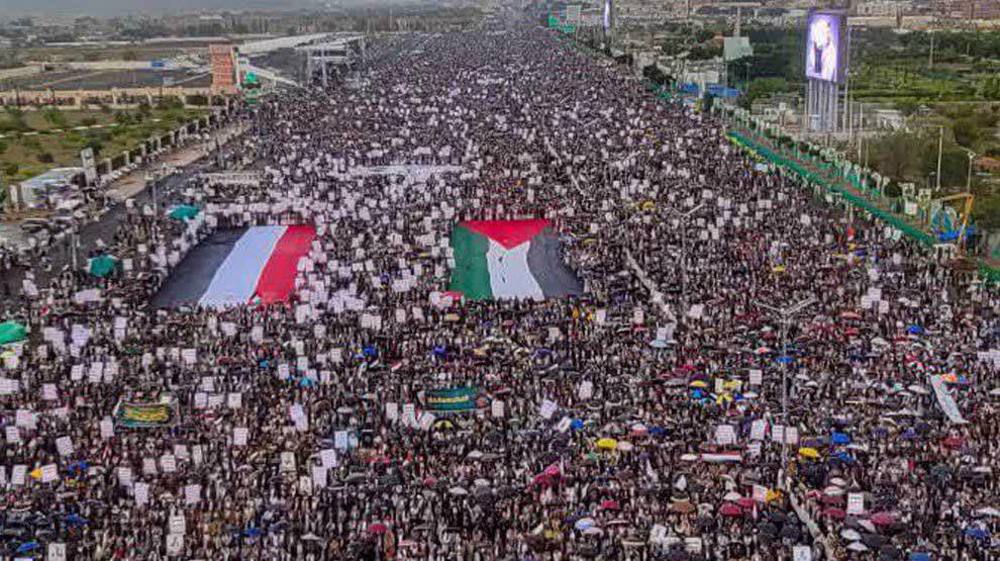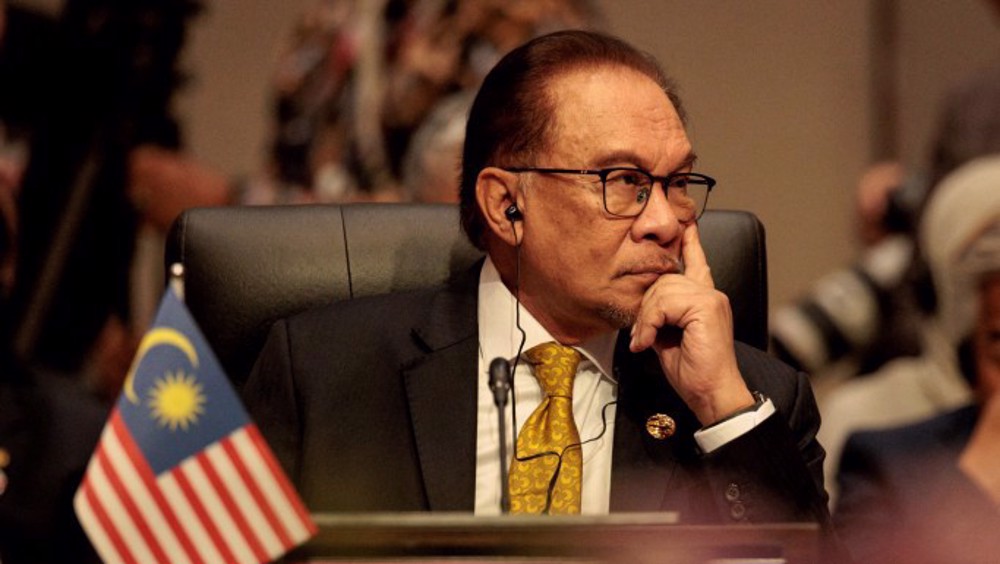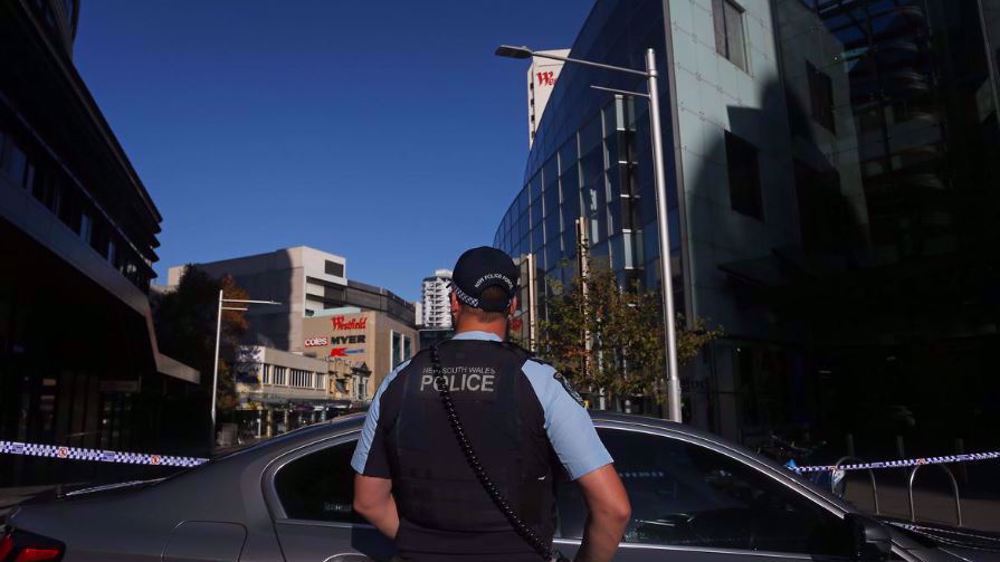Rohingya Muslims reject Myanmar terms of repatriation
A local Rohingya leader says members of persecuted Rohingya Muslims holed up in a border "no-man's-land" after fleeing Myanmar’s Rakhine state will only accept repatriation to their home villages.
Dil Mohamed, 51, a local leader said in an interview on Sunday that villagers would return to Myanmar only if they were guaranteed safety, compensation for homes burned down in the army clearance and permission to resettle in their old villages.
"We have no intention to enter Bangladesh. We are not Bengali... we are Myanmar original citizens," Mohamed told reporters through barbed wire during a government-steered trip through Maungdaw border district.
He also rejected any move to transit camps for fear of long-term confinement. "We don't want to go to the transit camps. We need to go directly to our homes."
Since August around 6,000 of the Rohingya have been living in tents beyond a barbed-wire fence, which roughly demarcates the border zone between the two countries, reliant on NGO food handouts. The international Red Cross currently provides supplies to the group.

Fears abound that transit camps being built for returnees will effectively become long-term detention centers. Over 120,000 Rohingya Muslims are already confined to squalid camps further south in Myanmar following earlier bouts of communal violence.
Bangladesh has struck a deal with Myanmar to return Rohingya refugees, but the implementation of the deal remains unlikely in the face of continued unaccountability.
Since late 2016, Myanmar’s armed forces joined by Buddhist mobs have been engaged in a campaign of terror against Muslim families living in Rakhine, killing and raping them, and torching their houses, forcing hundreds of thousands of them to flee.
Many have settled in camps in neighboring Bangladesh. Thousands remain on a stretch of land known as the no-man’s-land between Myanmar and Bangladesh.

Some 700,000 Rohingya have been driven into neighboring Bangladesh since last August by a major army crackdown
The United Nations has said it has strong suspicions that “acts of genocide” have taken place against the Rohingya.
In their absence, Myanmar has been bulldozing Rohingya villages, according to satellite imagery, and in what rights groups have described as a campaign to destroy scenes of potential crimes against humanity.
French police arrest man after threatening to detonate himself at Iran consulate
Yemenis, Jordanians reiterate support for Palestinians in Gaza
Iranians rally nationwide in support of Operation True Promise
Raeisi: Operation True Promise ‘a necessary response’ to Israel
OIC slams US for blocking Palestine’s bid for full UN membership
US police arrest 108 pro-Palestine protesters at Columbia University
Top commander names four 'historic achievements' of Operation True Promise
VIDEO | Iranian attack and crisis of entity










 This makes it easy to access the Press TV website
This makes it easy to access the Press TV website